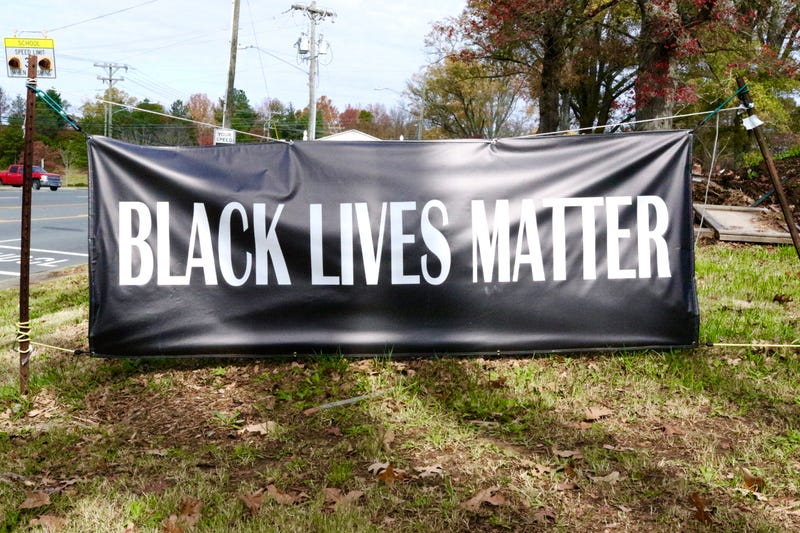
CHICAGO (WBBM NEWSRADIO) -- After another weekend of protests over the death of George Floyd in Minneapolis, a number of Belmont-Cragin area organizations gathered Monday to demand unity and change when it comes to police relations and community investment.
"We must unite to stop police abuse and demand investments in our community. This is so simple," said one speaker.
Anthony, founder of the group Black Workers Matter, said "when a police officer hurt or kills one of us, all of us, black and brown, are threatened."
Eric Wilkins, a paralyzed gunshot wound victim with the Broken Winggz Foundation, said more pressure must be put on Chicago police to help improve relations with community members.
"The consent decree is not being fulfilled nor is it being implemented at the grassroots levels, and that is something that is really concerning to me," he said.
He said the response to George Floyd's death sends a clear message.
"It's time for change. The looting was our kids crying out," he said.
Others at Riis Park called for local politicians to reinvest in struggling communities and treat all of Chicago fairly.
"The way that we can do that is by not shutting down public transportation for essential workers," said Julio Rodriguez. "The reason why communities like Belmont-Cragin have the highest COVID, is because they have to go to work."
Roxanne Nava, Executive Director of Metropolitan Family Services, said progress made during the civil rights movement for black and brown communities is at risk once again.
"Doesn't it feel like we are taking too many steps back? Generational steps back. The only difference is today it's being filmed. Today you can see immediate action," she said.
